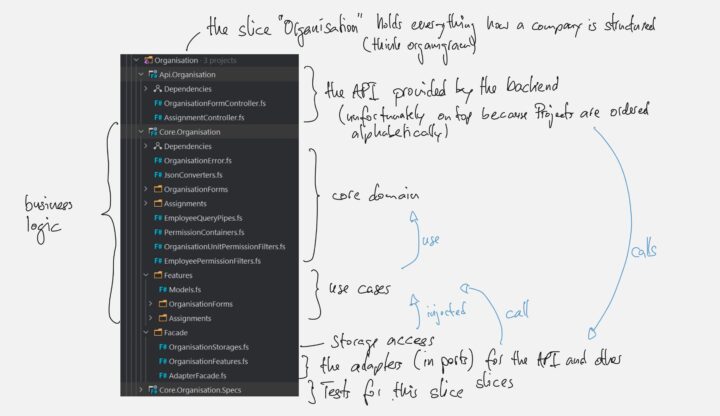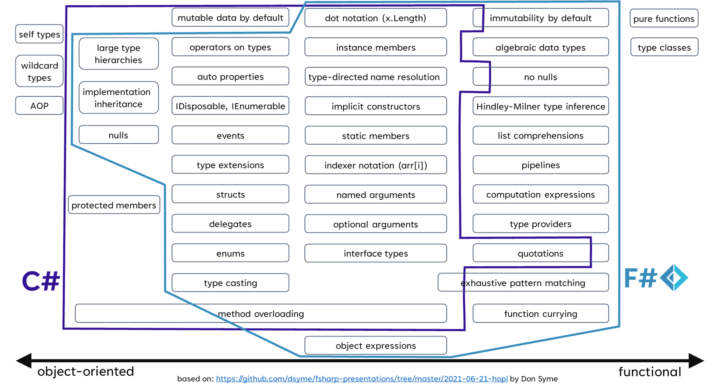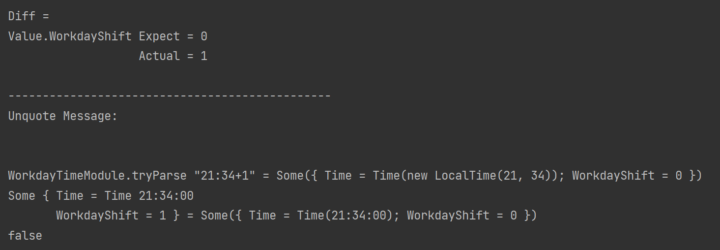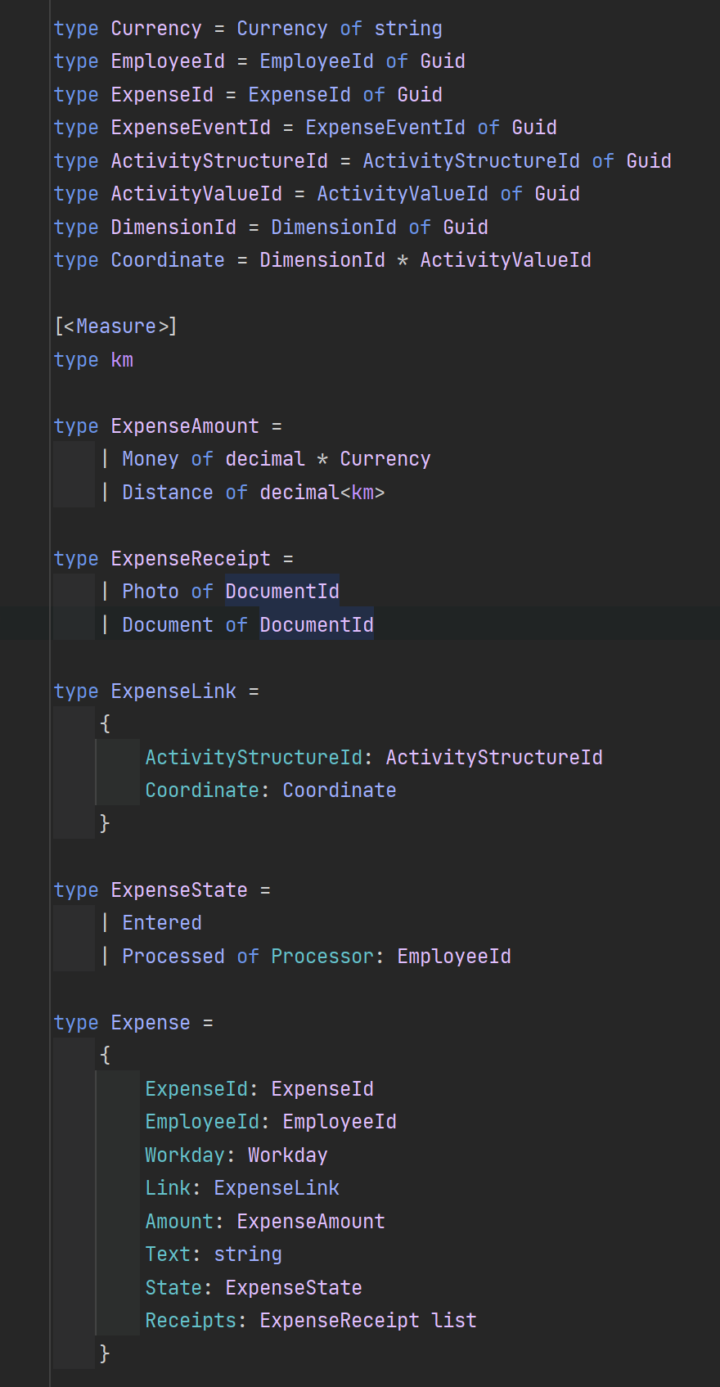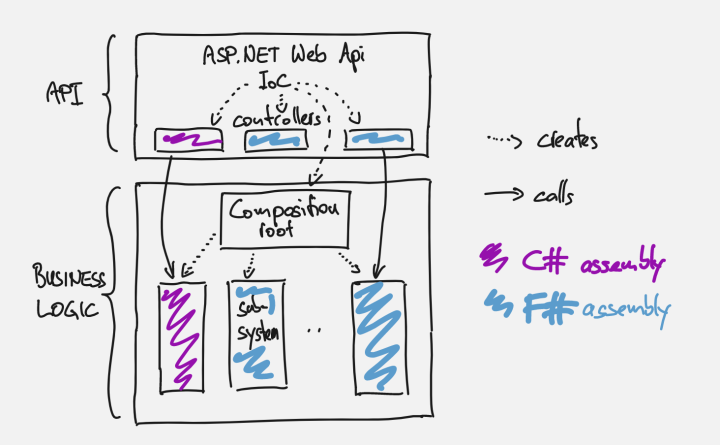
Most code running on .Net is written in C#. So when you consider writing some code in F#, you probably already have a good amount of C# code. C# code you want to keep. It probably doesn’t make economic sense to port C# code to F#.
The good news is that you can start using F# anyway. F# and C# have excellent interoperability.

